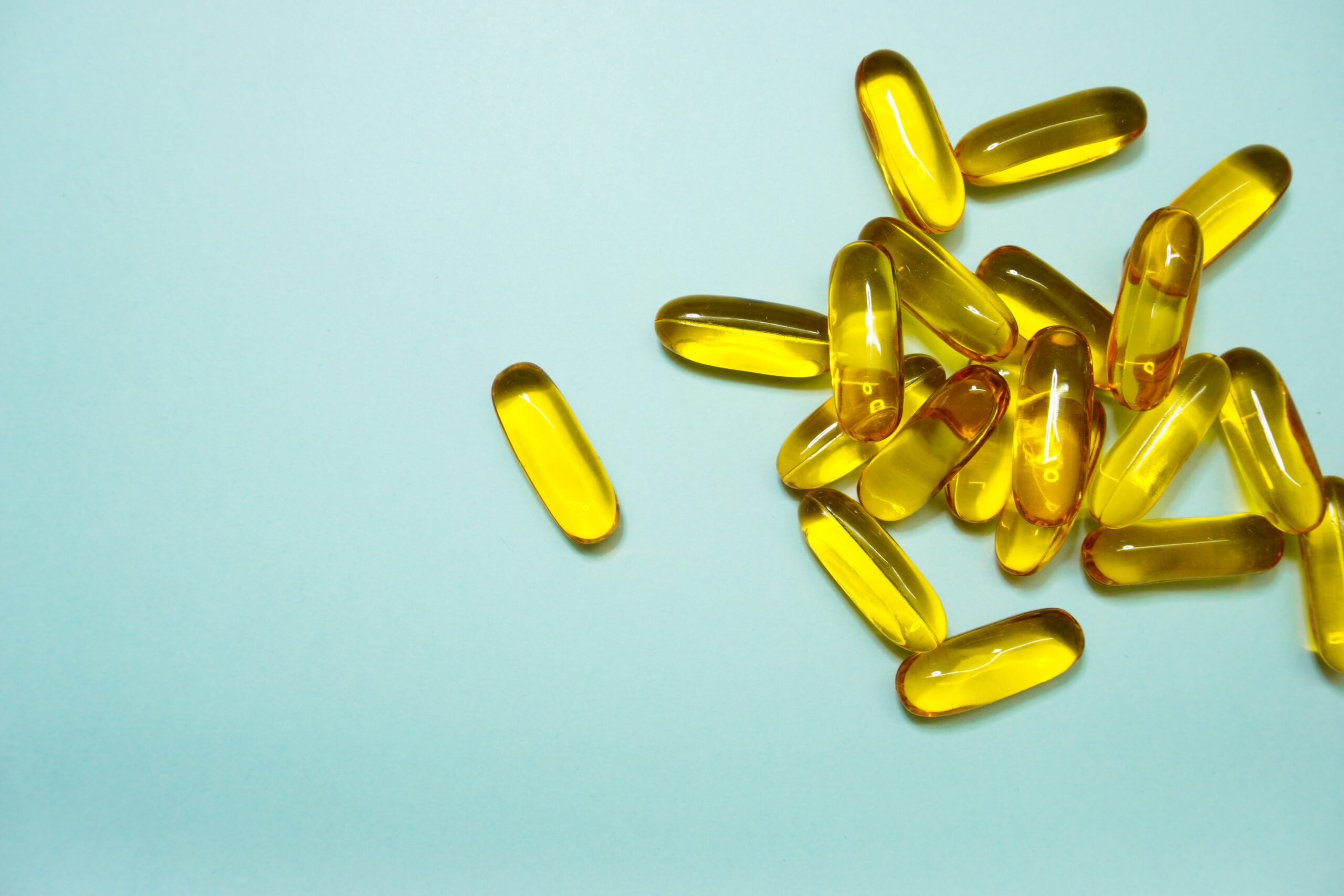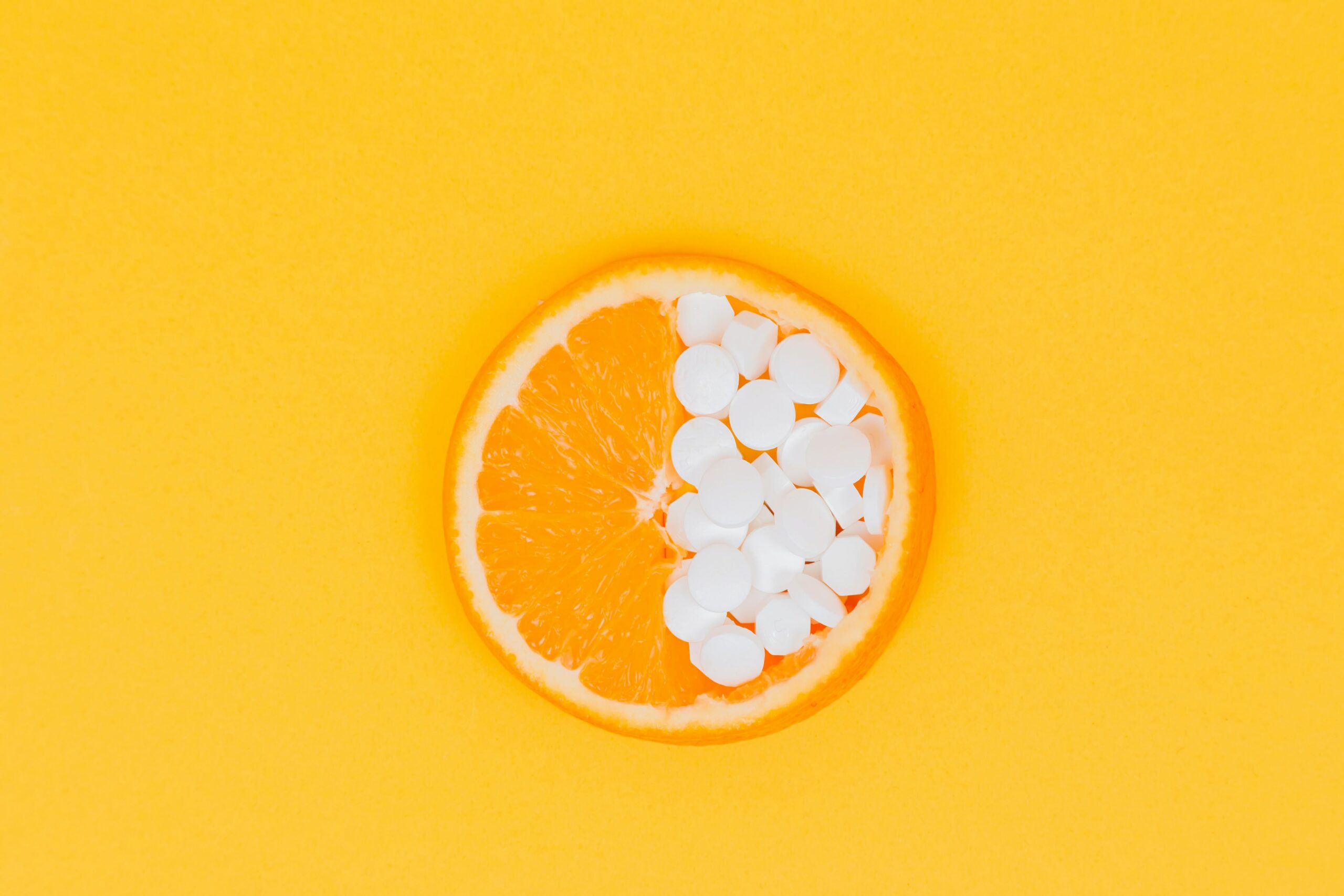
71% of the UK population take supplements, and since Covid-19 hit, their use has increased by 3.5 million. Although supplements can be highly beneficial, misusing them can lead to severe health consequences like heart and liver failure.
If you’re interested in supplements, it’s a good idea to be aware of how to take them so that you can use them safely. The following article tells you how to take a few of the most widely used supplements so you can enjoy the benefit without worry.
What are Supplements?
Supplements are minerals, vitamins, fatty acids, and amino acids that people add to their diet if they do not have enough in their system to balance and enhance nutrition. They are not a substitute for meals but can boost consumers’ intake to ensure they get the right amount.
You can take supplements as liquids, in capsules (both solid and liquid), through powders and sprays. Taking the wrong supplement (e.g., one in which your body is already sufficient) or unhealthily high doses can lead to harmful health complications.
On average, women take more supplements than men. A 2020 data collection shows that 77% of women take supplements compared to 68% of men. This may be because women have higher nutritional needs and a more significant hormone fluctuation.
How to Safely Use Top Health Supplements
Vitamin D

68% of adults taking supplements use vitamin D, making it the most commonly used supplement. And for a good reason.
It’s essential for a healthy immune system and to keep bones and teeth in good condition. However, getting enough vitamin D through diet alone can be extremely difficult, with 1 in 6 adults having low vitamin D levels.
The Benefits of Vitamin D
- Boosts immune system – Vitamin D is crucial to support a healthy immune system to minimise the risk of diabetes, arthritis and inflammation in the body.
- Helps depression – Research has shown a connection between low vitamin D levels and depression; subjects who took vitamin D had better moods.
- May lower heart disease – There is a link between good vitamin D levels in the body and a decrease in heart disease.
- Might protect the body against Covid-19 and the flu – Although it may not stop you from catching these illnesses, it could make symptoms more manageable.
- Reduces the chance of developing Multiple Sclerosis (MS) – MS is an autoimmune disease, and studies link vitamin D to warding off Multiple Sclerosis because it builds a robust immune system.
Risks of Taking Too Much Vitamin D
If an excessive amount of the supplement builds up in the bloodstream, you will reach toxic levels of vitamin D, causing the constant need to urinate, feeling weak and vomiting. This is due to vitamin D’s build-up of calcium in the blood. If left untreated, it can even lead to kidney failure. You can take a kidney blood test here.
How to Avoid Taking Too Much Vitamin D
It’s hard in the UK for people to get enough vitamin D through sunlight or food alone. Therefore, vitamin D is a beneficial supplement. However, you must ensure you do not take over the recommended dose of between 1,000–4,000 IU. If you experience any of the symptoms above, stop taking it immediately and seek a doctor’s advice.
Vitamin C

Vitamin C is the second most popular supplement in the UK, with 39% of supplement users taking it. It’s needed for cell regeneration and turnover, which helps heal wounds and protects the body against free radicals which can cause cancer.
It’s also commonly recommended for healthy skin, hair and nails, as it stimulates collagen production. Collagen gives elasticity and firmness to the skin, making vitamin c one of the top beauty supplements.
The Benefits of Vitamin C
- Protects the body against oxidative stress – Vitamin C is rich with antioxidants which protect cells and fight against free radicals that may develop into cancerous cells. Studies show vitamin C can increase antioxidants in the bloodstream by an impressive 30%.
- Essential for healthy skin, hair, and nails – Vitamin C triggers the internal production of collagen (something that’s hard to get directly from food). As you age, collagen levels naturally decrease, reducing the skin’s elasticity and increasing fine lines and wrinkles. Collagen slows down this process to keep skin, hair, and nails healthy.
- Reduces inflammation – Internal inflammation can be the leading cause of stomach issues and even trigger chronic conditions such as Multiple Sclerosis. Vitamin C is anti-inflammatory and can lower the risk.
Risks of Taking Too Much Vitamin C
Too much vitamin C in the body can induce stomach problems, vomiting and diarrhoea in your body’s attempt to expel the excessive amounts. It can trigger migraines, cause hair loss and even affect the nervous system. You also risk stopping the body from absorbing other nutrients (causing a deficiency in different areas) and developing kidney stones.
How to Avoid Overdoing Vitamin C
You can get most of your vitamin C through your diet by drinking lemon water and eating a variety of vitamin C-rich fruit and veg. If you eat a well-balanced, healthy diet, you shouldn’t need to take vitamin C supplements.
It’s also essential that you don’t go over the recommended dose of 40mg a day for 19-64-year-olds and avoid excessive amounts. Over 1,000 mg a day can cause serious health consequences.
Iron
Iron is an essential mineral that provides oxygen to the blood for a healthy, working body. However, it is the most common deficiency in women, with 67% developing anaemia (a condition from a lack of iron). If you suffer extreme tiredness, you can take an anaemia blood test to check your iron levels.
Benefits of Iron
- Boosts energy levels – Iron develops red blood cells, which efficiently absorb oxygen and provide energy to the body.
- Increases focus – Better energy levels mean you can remain focused and productive for more extended periods.
- Reduces tiredness – The lack of oxygen can lead to constant fatigue if you do not have enough red blood cells. Iron can eliminate tiredness levels.
Effects of Overdoing Iron Supplements
Overdosing on iron supplements can lead to life-threatening medical conditions such as diabetes or heart and liver failure. Toxic amounts of iron impact the absorption of other minerals, such as copper, whose role is to create a healthy immune and nervous system. It can also trigger the same effects of too little iron, which is constant fatigue. Test your iron levels here.
How to Avoid Taking Too Much Iron
Only take iron tablets if your doctor recommends them, or complete a blood test to check if you have low iron levels. You can also get a lot of iron through foods such as dark leafy greens, fish, and eggs.
How to Avoid Taking Too Many Supplements

Take the right dose
Checking the dosage of each supplement by following the instruction on the packet is vital. Often people assume the directions are a guideline, but it’s essential to follow them to avoid taking too much.
You must also consider how many vitamins you get from your food to ensure you’re within safe limits.
Get most of your vitamins and minerals from food.
Taking supplements alone is not a substitute for meals because they don’t contain sufficient nutritional benefits such as fibre. It’s rare to get too many vitamins from just food, so focus on getting them mainly through your diet.
Don’t take multiple combinations of the same vitamin.
If you are taking a multivitamin, hair, skin, and nail vitamin that contains iron, and single iron tablets, there’s a good chance you could quickly overdo it. Instead, find the percentage of iron supplements you need and ensure you are not overdosing by combining several separate supplements.
Take a vitamin test
The safest way to check you are not taking too much of one supplement is to get a vitamin blood test. You can identify if you are deficient in anything to ensure you take the supplements your body needs or if you have the correct levels and don’t need to add any more.
Check Your Blood to Get the Right Supplementation
Try and get most of your vitamins and mineral through diet and never take over the recommended dose. It’s better to start on a low supplementation dosage and work your way up to see how your body reacts. If you are worried about taking too much, then take a blood test to see which areas need supplementation and which do not.
Yes, I want to take a vitamin blood test or an advanced vitamin blood test.
If You Found This Article Useful, You May Also Like:
- Should You Go on a Vegan Diet?
- 10 Foods for a Healthy Liver
- How to Lower Your Risk of High Cholesterol
Written by Emma Carey.Emma is a health and wellness enthusiast who likes to know the science behind how supplements, vitamins, nutrition and exercise affect the body. She’s on a health and fitness journey to improve her lifestyle and live life to its fullest.

